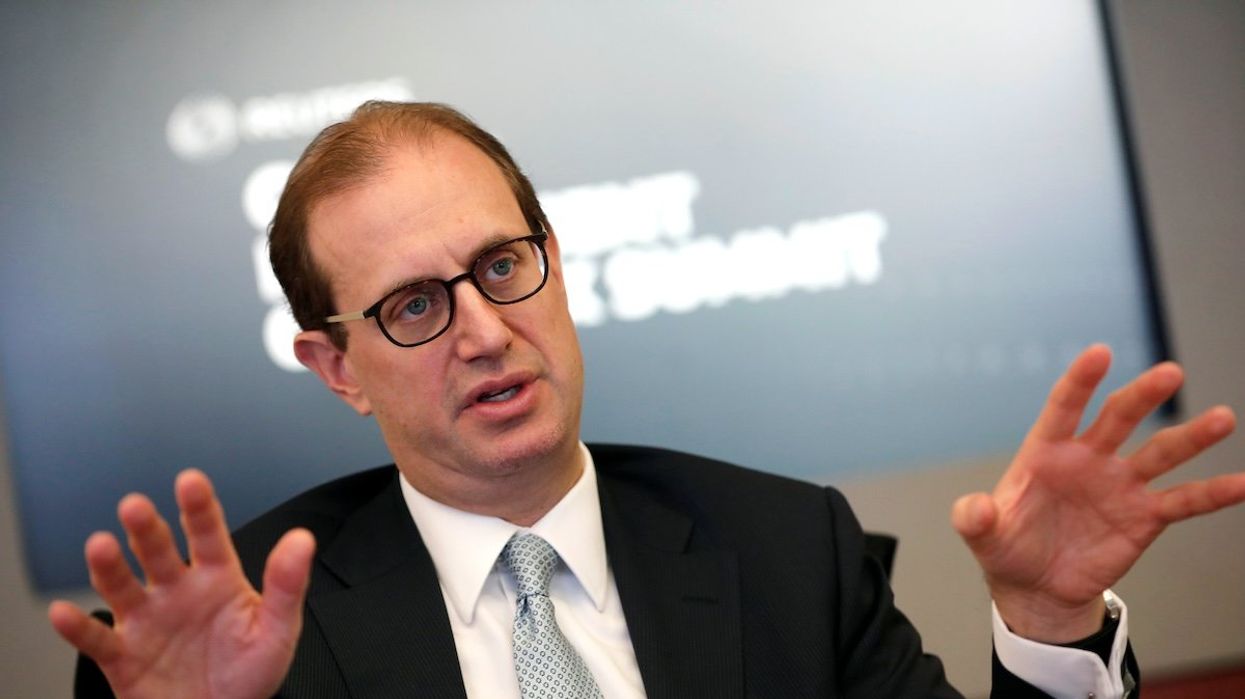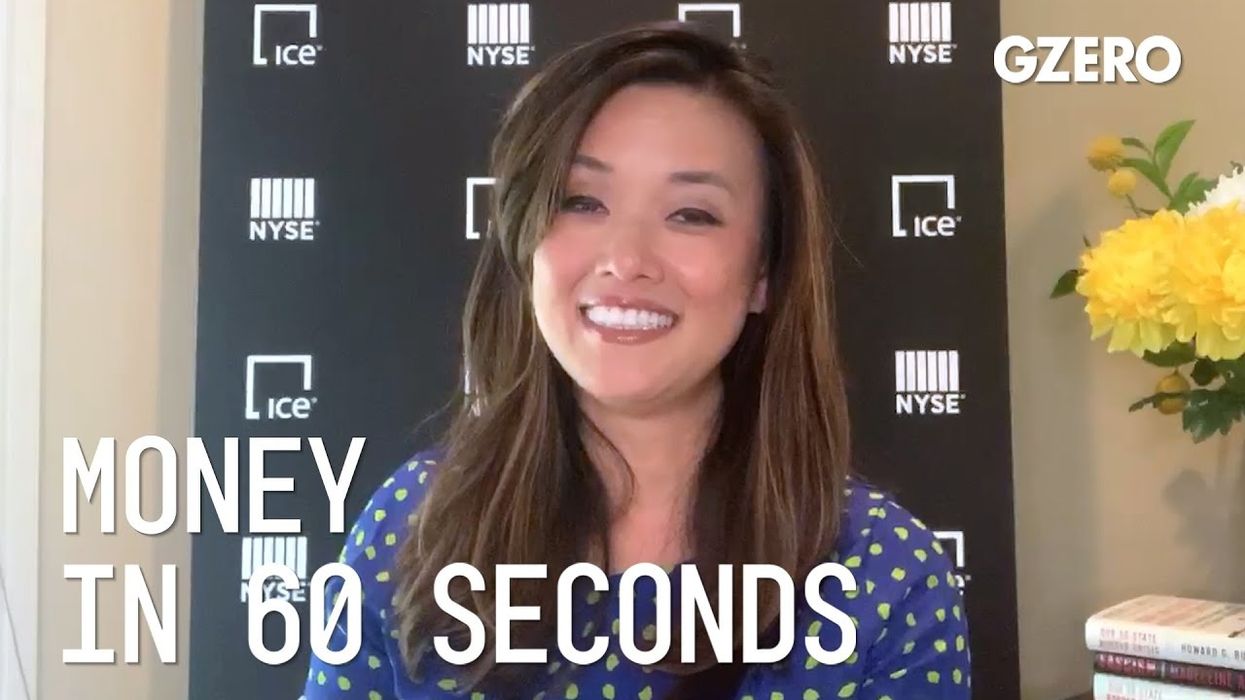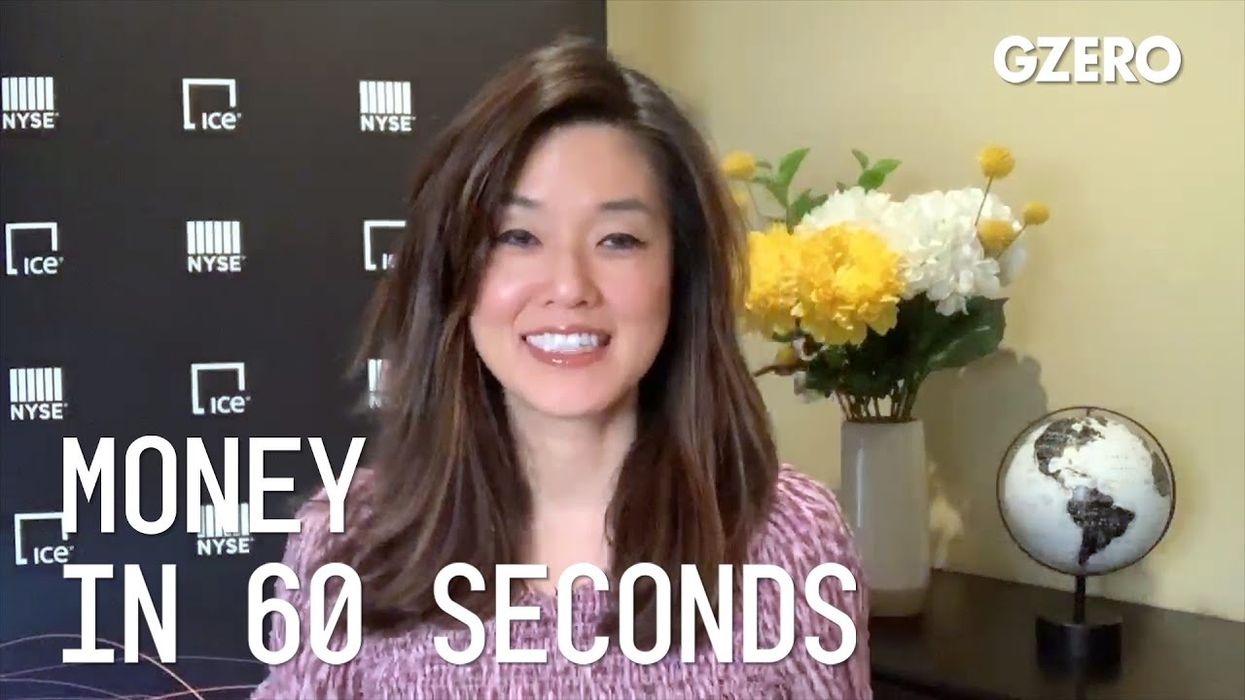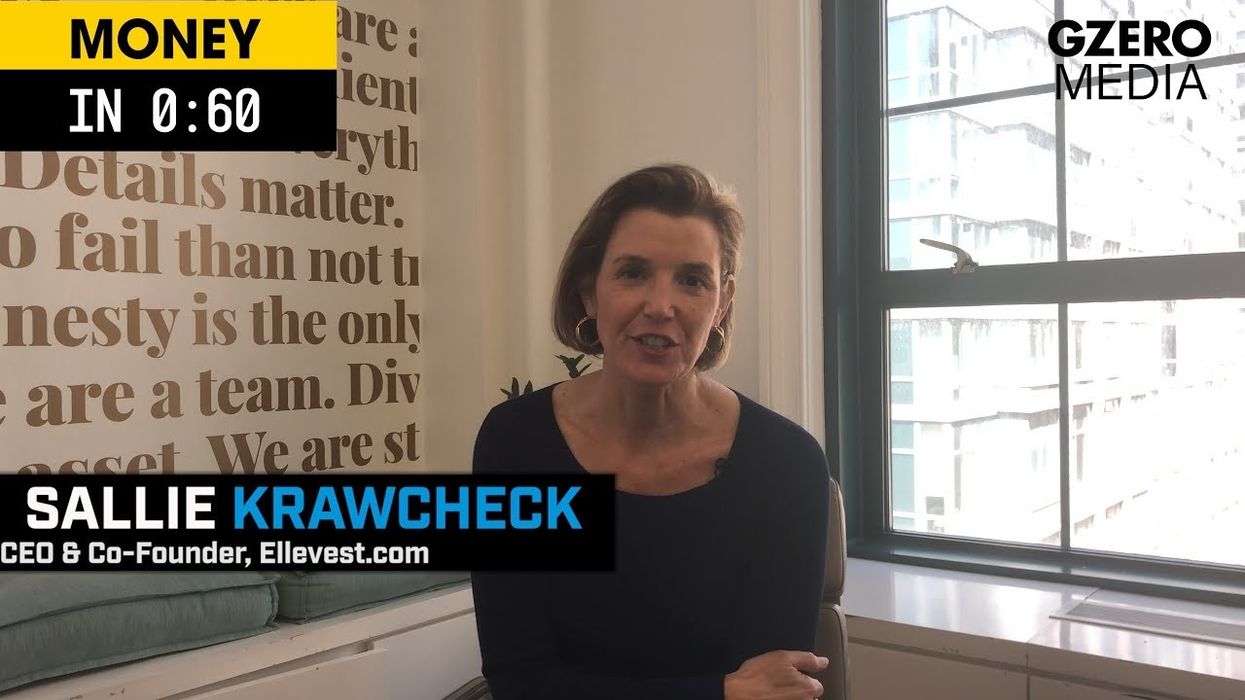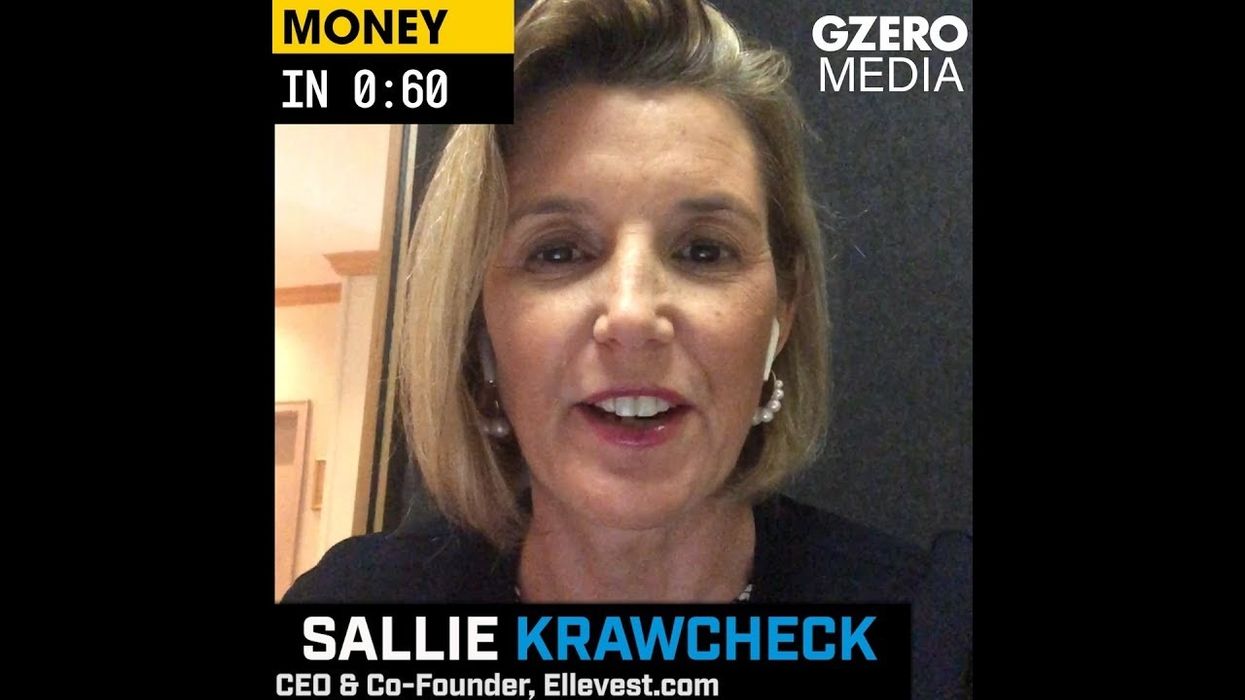Analysis
Mark Wiseman on smart choices today vs. eating gruel tomorrow
What does today's global uncertainty mean for business leaders? For your retirement plan? GZERO caught up with Mark Wiseman, a global investment manager, business executive, and expert in private equity, alternative investments, long-term investments, and sustainability, at Davos for some answers.
Jan 19, 2024
